Pasteurisation of packaged products

The market demand for natural yet micro-biologically safe products and the requirements of modern food distribution logistics have forced the industry to investigate and develop new processes for the inactivation of micro-organisms and enzymes, capable of achieving these two apparently contrasting requirements: safe food with a long shelf-life and a fresh taste.
Over the past decades Stalam has introduced the radio frequency (RF) technology to many industrial drying and thermal processes and is the first company in the world having developed continuous RF pasteurisation for solid products, either packaged or in bulk.
Benefits Minimal thermal impact
Minimal thermal impact
 Organic chemical-free treatment
Organic chemical-free treatment
 Rapid, safe and consistent
Rapid, safe and consistent
 Reduced equipment foot-print
Reduced equipment foot-print
 Low energy consumption
Low energy consumption
The use of RF heating for food products pasteurisation combines the technical and economic advantages that brought to success this technology in other industrial applications.
The ability of radio frequency to heat volumetrically does not rely on the thermal conductivity of the substrate to transfer heat throughout its mass. Since the required process temperatures are reached rapidly and accurately, degradation of the product is reduced to a minimum. The RF equipment requires less space compared to other machines based on conventional heating technology, that have long heating times and require large product volumes under processing at any given time.
Because no thermal energy is wasted into the environment, the RF process is more efficient, economic and environmentally friendly, providing significant reduction in the factory carbon footprint.
In other words, Stalam radio frequency equipment applies the so-called “minimal thermal process” principle for pasteurising food products and can be considered the only real, technically proven and economically viable industrial alternative to conventional technologies presently available in the marketplace for the same purpose.
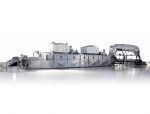
FOOD
Pasteurisers for packaged products “SANIPACK+”Industrial RF pasteurisation equipment for packaged products
Read more

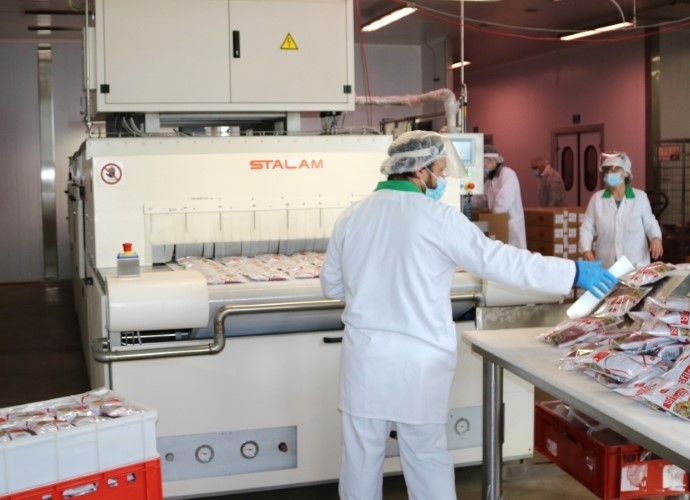
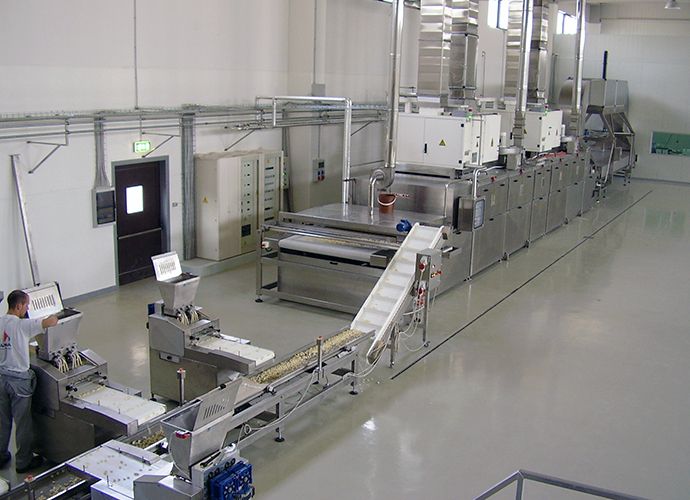
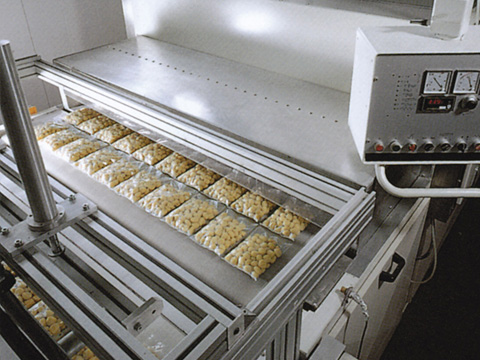 Pasteurization of packaged gnocchi
Pasteurization of packaged gnocchi 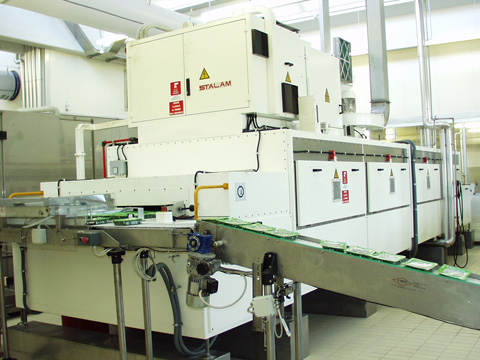 Pasteurization of packaged Tyrolean dumplings
Pasteurization of packaged Tyrolean dumplings 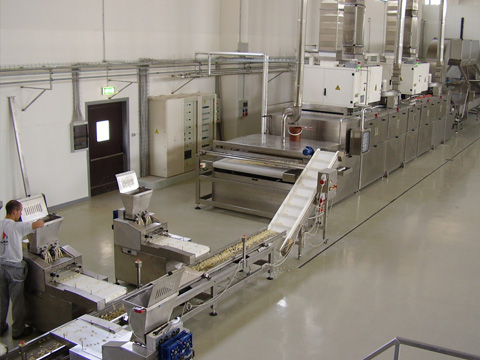 Radiofrequency system for the pasteurization of fresh pasta
Radiofrequency system for the pasteurization of fresh pasta 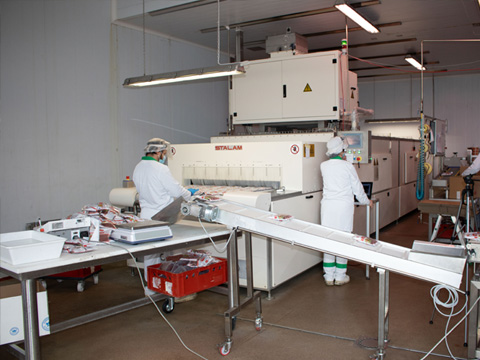 Pasteurization of meat strips in bags
Pasteurization of meat strips in bags 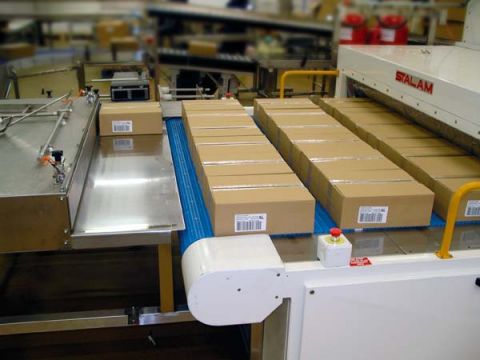 Radiofrequency pasteurization of packaged foods
Radiofrequency pasteurization of packaged foods